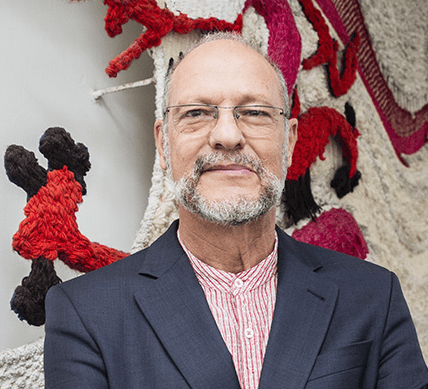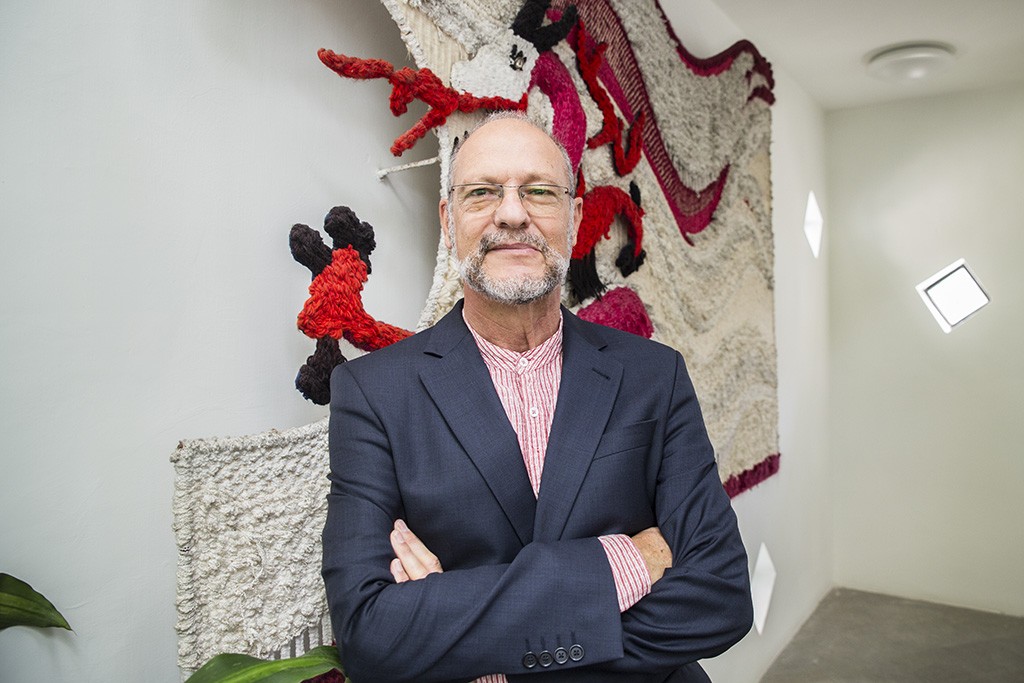Many European leaders were surprised that Portugal was chosen as the first country of the European Union to be visited by the new Vice-President of China, Han Zheng, from May 7 to May 10.

This is particularly noteworthy after top European leaders such as German Chancellor Schultz and French President Macron recently visited China with important delegations, aiming to intensify their respective commercial and economic relations as much as possible. However, this preference for Portugal does not come as a surprise to those who have been following Portugal’s relations with China.
In Portugal, Han Zheng was officially received by the country’s top officials, including President Marcelo Rebelo de Sousa and Prime Minister António Costa, for talks on matters of common interest, whether at the bilateral level or on current international issues.
Portugal is the European nation with the longest peaceful relations with China, dating back to the 16th century (the arrival of Jorge Alvares in Tamão Island, off the coast of Guangdong Province, in 1513). After the overthrow of fascism, Portugal established the most intense friendship relations of any European Union country with China. This fact allowed for a peaceful return of Macau’s administration to its natural homeland – the People’s Republic of China – with the establishment of the Macau Special Administrative Region, under the Chinese central government’s policy of “One country, two systems.” This responsible relationship has allowed for the preservation (officially for 50 years) of Macau’s capitalist economic system, lifestyle, and Portuguese language. Portugal and the Macanese community desire the renewal of the status of Portuguese as the official language of the Macau SAR. If in the past, the Portuguese prominently introduced to Europe the great achievements of China, such as silks and porcelain, even creating conditions for the emergence of a new fashion – Chinoiserie, among the European elite, the balanced and peaceful process of Macau’s transition (December 1999) reinforced national pride.
The China-Portugal Global Strategic Partnership was established in 2005 to intensify bilateral contacts. Within the China-led Belt and Road Initiative, Portugal was one of the 57 founding countries of the Asian Infrastructure Investment Bank (AIIB, in 2015). Among the dozens of countries that have been signing participation agreements in the “New Silk Road,” our country also signed its agreement in December 2018 during the state visit of the Chinese President, Xi Jinping, to Portugal. At the time, the two countries also signed 17 cooperation agreements (including 10 memoranda of understanding), covering multiple areas, from culture to energy, trade and services, transportation, new technologies, and artificial intelligence.
Since its inception ten years ago, the New Silk Road has shown has been contributing to the economic development of participating countries based on mutual benefits, without interference in internal affairs. Infrastructure for social development greatly expanded, with the construction of roads, bridges, modern and fast railways, hospitals, and health equipment, among others. But this cooperation was not only confined to Asia and Africa but also took place in Europe, where China’s opening contributed to avoiding economic recession during the pandemic period and continues to contribute to European economic development.
In addition to investments in traditional sectors such as energy, finance, insurance, health, communications, and construction, China and Portugal have expanded their cooperation to new sectors including the digital economy, environmental conservation, clean energy, and artificial intelligence. The current Sino-Portuguese cooperation has also been mirrored in protocols on research in maritime and space activities, preservation of biodiversity, combating marine pollution, and promoting sustainable development of the maritime economy.
The scientific laboratory of Space and Maritime Technology (STARLab) is a case in point in this respect. In terms of technology, agreements have been signed between dozens of Chinese universities, through the China Europe Building Technology Exchange and Cooperation Association (CEBTECA), including with the Faculty of Science and Technology at the NOVA School of Science and Technology. The Automotive Power Battery Industry Innovation Alliance, a large Chinese battery factory under construction in Sines, will supply the European market with the most advanced, automated, and zero-carbon technology. The factory’s first production phase is expected to begin operating in 2025.
China is Portugal’s largest trading partner in Asia and the largest source of imports outside the EU. In 2022, Chinese direct investment in Portugal totalled 3.22 billion euros, an increase of 9.8%, while Portuguese direct investment in China reached 50.2 million euros, an increase of 11.48% compared to the previous year. Portugal was a pioneer in some agreements with China: it was the first EU country to establish the “Blue Partnership” with China, the first European country to issue Union Pay bank cards, and the first Eurozone country to issue yuan-denominated debt (Panda bonds).
According to the Chinese ambassador to Portugal, Zhao Bentang, Portugal’s role in relations with China has been exemplary. China will collaborate with Portugal to promote bilateral cooperation in all areas to reach new levels of development. Following China’s previous support for the re-election of António Guterres as UN Secretary-General, it is expected that Portugal will also seek Chinese support for António Vitorino’s candidacy for re-election in June 2023 as Director-General of the International Organization for Migration (IOM).
In this multipolar world, at a time of great uncertainty in international relations, where countries are more interdependent than ever, Chinese ambassador Zhao Bentang suggests that within the scope of the “Global Civilization Initiative,” China and Portugal can strengthen their collaboration. This collaboration should always respect the diversity of civilizations and promote the common values of humanity: peace, development, equity, justice, democracy, and freedom. By valuing the respective heritages and innovations of different civilizations, we can contribute to the development and progress of human civilization.



